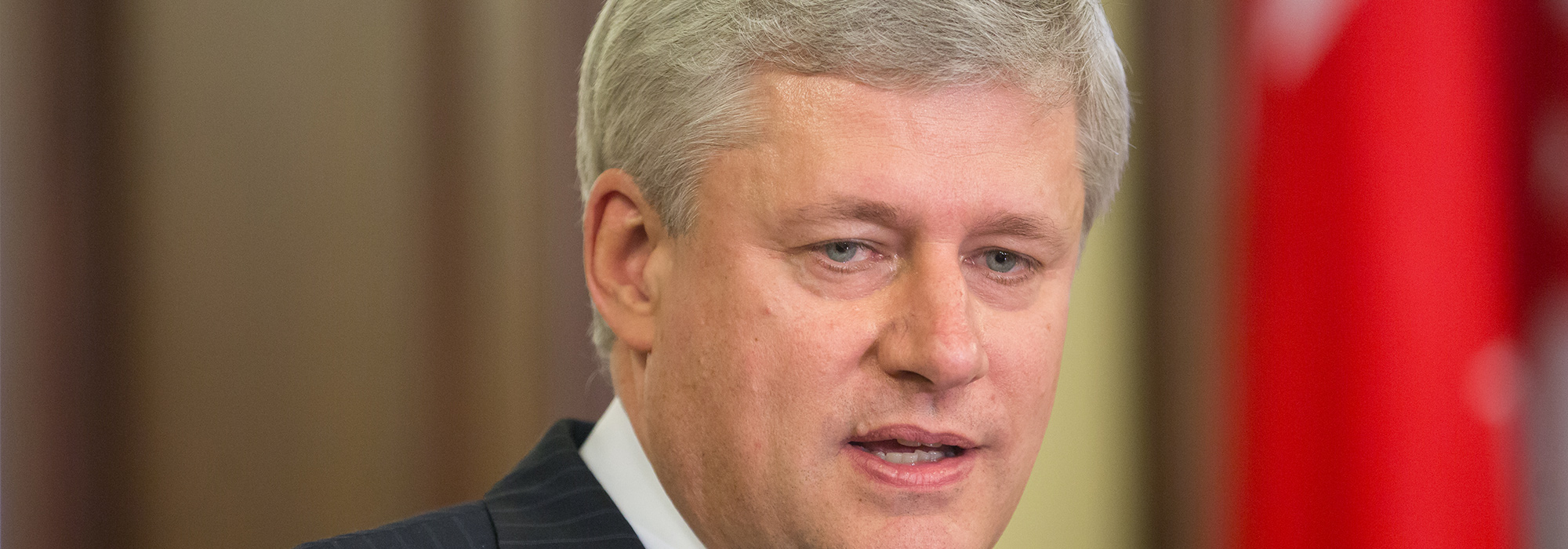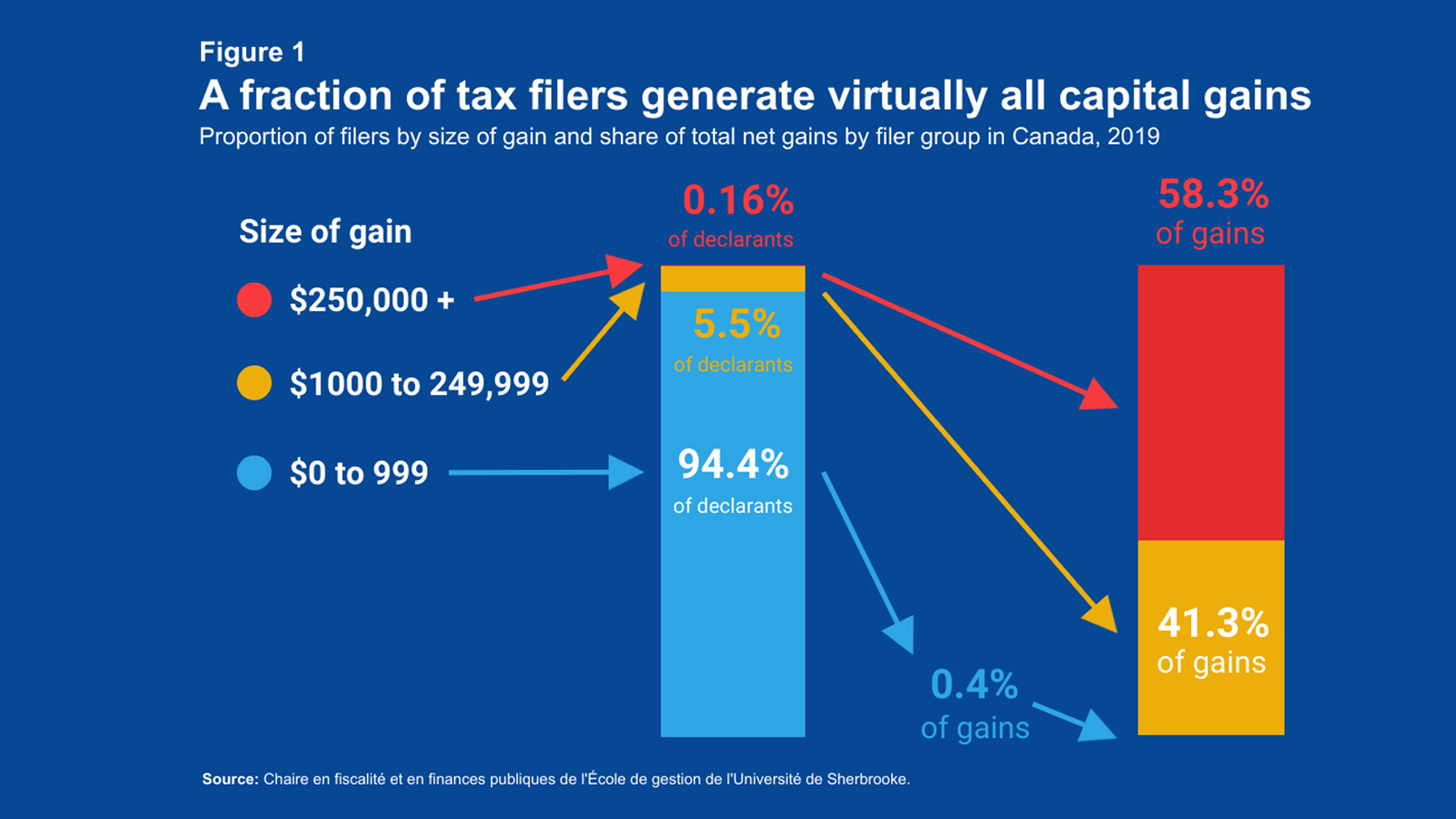
Economists are often asked to comment on government budgets and provide analysis on the financial implications. Most of the time, though, there’s not really too much an economist can say. Rarely these days do governments make massive changes that have immediate impacts on the economy. Budgets are about politics, not the economy.
In his 2012 fiscal budget, Stephen Harper was very intentional about sending Canadians some messages. There are at least three political messages that jump off the pages of the budget and characterize the mark this government wants to leave on the landscape.
The first message is that western Canada’s resources — and the international markets to which they are going — are an economic priority for the Conservatives. This should surprise no one. The government has consistently argued that diversifying Canada’s trade to countries like China is in “the national interest.” Moves to reduce some of the environmental review and regulatory oversight on some of Canada’s largest infrastructure projects will eventually have an economic impact, but the more immediate message is that our exporters must reduce our dependence on America.
But changes to regulatory oversight of infrastructure projects are not strictly budget issues. This was a message about the government’s intention to expand trade. If asked how far he will go to ensure a pipeline is built to the west coast, Harper could summon his inner Pierre Trudeau and say: “Just watch me!”
The second message is that Canadians must abandon the outdated notion of 65 as retirement age. This has been a long time in coming. Back in the early part of the 20th century, when the novel idea of “retiring” from work started to take shape, 65 was selected basically because life expectancy was 66. It seemed like a good idea to actually stop working and enjoy the last year of your life peacefully. But of course, life expectancy has risen dramatically over the decades — and if you make it to 65, statistically you’ll still live another 20 years!
As many economists have pointed out, the Old Age Security (OAS) program is sustainable without delaying it until age 67. If saving money was the issue, the government could easily claw back OAS benefits more quickly (ending the crazy idea that seniors with incomes over $100,000 need “income security” cheques from Ottawa). Greater claw-backs would save the government money today and also protect low-income seniors. But the change to the OAS program isn’t about money. It’s about recalibrating Canadians’ expectations to a more realistic notion of retirement.
A third message delivered in this budget is that there isn’t really too much to fear from the Big Bad Conservatives. In the days before Harper was the Prime Minister, his political opponents would warn of his hidden agenda. Who could say what kinds of crazy things this guy would do if he ever moves into 24 Sussex! Terminate all social programs? Outlaw gay marriage? Kill the CBC? Anything was possible.
And when Harper first achieved a minority government, the warnings continued. “It’s a good thing he doesn’t have a majority, or he’d destroy the country for sure,” they murmured.
But now, with a solid majority and no election on the horizon, he hasn’t done any of these things. Sure, there are sizable cuts to the civil service and a big lop off the top of the CBC. But there was really nothing in the budget to suggest that Canada as we know it will cease to exist. He didn’t take a butcher knife to spending. It was more like a paring knife. Not everyone is happy about the direction that the Conservatives are taking in certain areas, but no one can claim that the government has “gutted” anything. If Harper had really wanted to get rid of the CBC, for example, he would have done it. (In fact, the angriest reaction to the budget is from the hard-core fiscal conservatives, who felt that Harper didn’t go nearly far enough with spending cuts.)
The government used the budget to send some messages, set some tones and change some perceptions. But nothing in Budget 2012 will dramatically alter the course of the economy this year. And attention to some of the less palatable spending cuts was completely diverted by a dazzling magic trick: “Watch me, ladies and gentlemen, as I make this penny disappear…”
Photo: Drop of Light / Shutterstock








